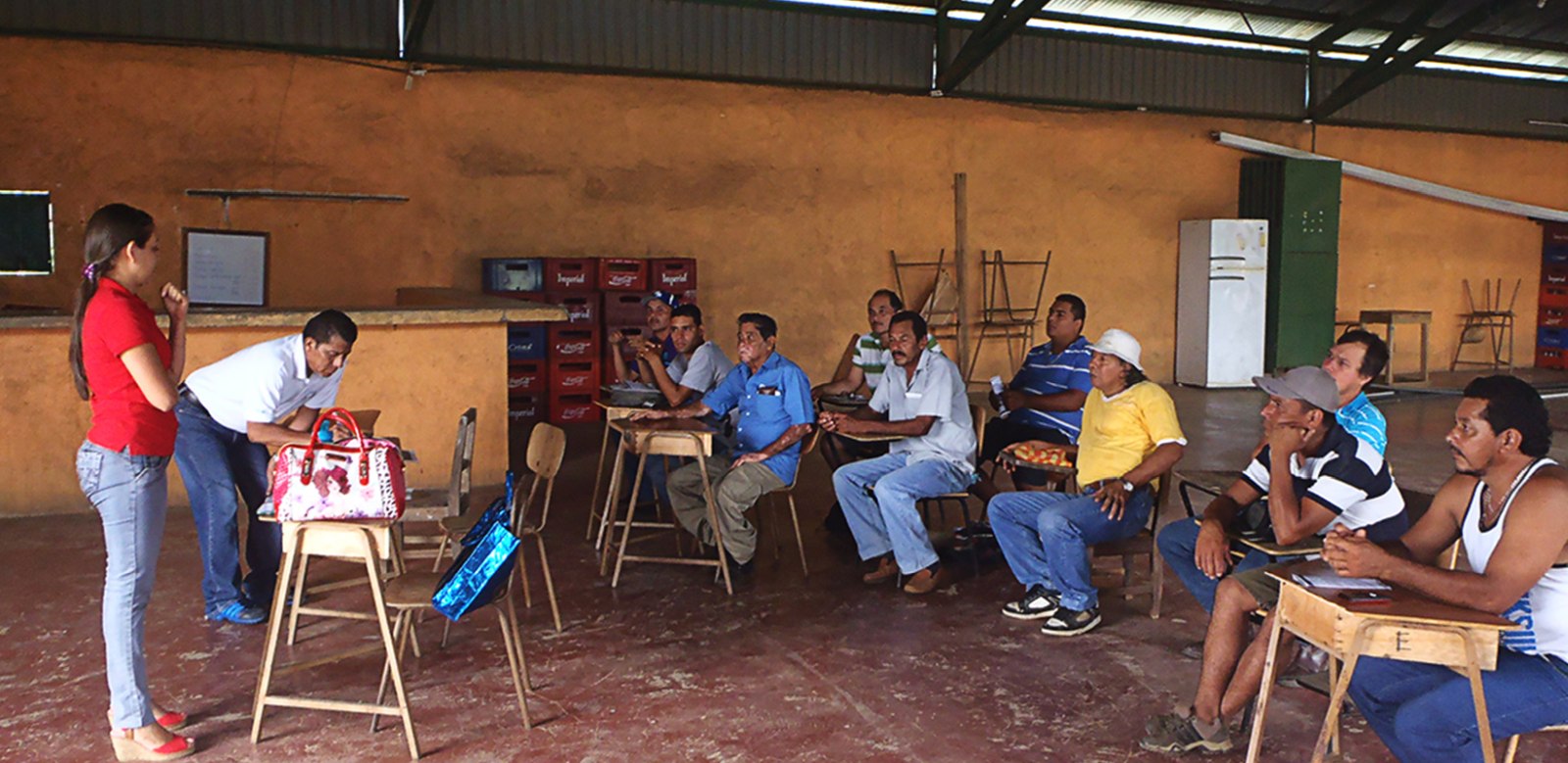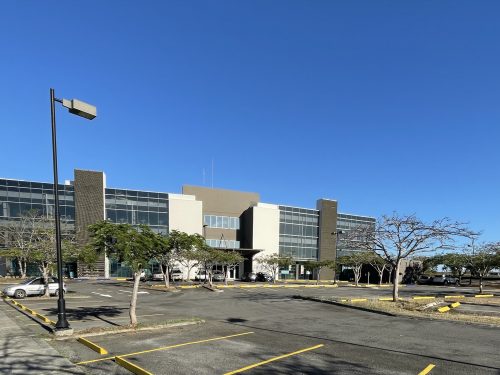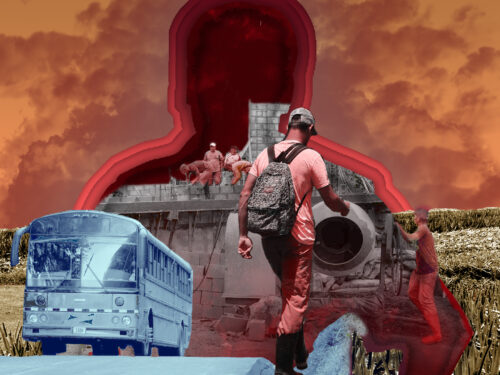
The Luis Paulino Mora National Service of Judicial Facilitators program seeks to bring legal services to communities that are far from urban centers.
The idea is to appoint people (facilitators) to take on the responsibility of liaisons between the Judicial Power and communities, providing advice and mediation in some conflicts that commonly occur between neighbors.
This would make it possible for many cases to not have to go to legal proceedings but rather to be resolved right in the communities so people in conflict would avoid costs for court proceedings, lawyer’s fees, travel expenses, etc.
The program is sponsored by the Organization of American States (OAS) and has been developed in several countries in the region. In Costa Rica, it began to be implement in 2013, although it didn’t reach Guanacaste until June of 2015. This was stated by Judge Tatiana Sotelo, program coordinator in Nicoya.
“The Judicial Power’s idea is for citizens in a vulnerable state to have access to a swift and complete justice as a constitutional right. Since the Judicial Power cannot implement an office in these areas that are so far from the center of Nicoya, we have implemented this service,” Sotelo said.
Sotelo indicated that the facilitators can deal with minor cases such as personal threats, problems with fenced property, trespassing on private property, alimony, etc. Those situations that involve drug possession or family violence should be passed on to the appropriate courts.
The requirements to be elected by the assembly are for the person to be an adult who does not belong to any political or religious movement, has a clean criminal record and has time available for consulting and training.
According to Sotelo, so far in the canton of Nicoya, facilitators have been established in the communities of Chinampas, Iguanita, Talolinga, Santo Domingo, Garci Muñoz, Buena Vista, El Jobo, El Flor de Corralillo, Los Molinas de Quiriman and Cuajiniquil.
Arelis Busano, facilitator for Talolinga of Nicoya, said that it is a good opportunity to help reconcile the people of the community. “Here we learn how to apply the laws, how to file a formal complaint, and the idea is to learn to help people and to be able to resolve small issues that arise in the community,” said Busano.
As in Nicoya, each canton of Guanacaste has a coordinator in charge of coordinating meetings in the communities, choosing facilitators and scheduling the respective trainings.
In October, all of the facilitators that have been appointed in the canton of Nicoya to date will receive training in the Nicoya court.
For any questions or to provide information about your community, call 2685- 9002 or 2685-9003 or email [email protected] and ask for Tatiana Sotelo, misdemeanor judge and coordinator of the program, or Sigdy Gomez and David Cascante, judicial technicians who are part of the work team.







Comments